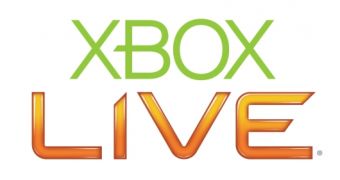Microsoft warns Xbox LIVE users about phishing messages that resemble official notifications and might appear when playing Call of Duty: Modern Warfare 2.
The so-called Service Alert was posted on the Xbox LIVE Status page under the "Matchmaking" category. It reads:
"Users may experience difficulties with the following services: Users may receive potential phishing attempts via title specific messaging while playing Modern Warfare 2.
"We are aware of the problem and are working to resolve the issue. We apologize for any inconvenience this may cause and thank you for your patience."
There are no details about the exact messages that triggered this alert, what they say or how do they look, but Christopher Boyd, a senior security researcher at GFI Software, has a theory.
According to him, a game mod gives players numerous unauthorized abilities, including the permission to post chat messages that are delivered onscreen.
"They look like the kind of messages that are posted in certain games by developers every now and then," Mr. Boyd concludes after watching some demo videos on YouTube.
Of course, this is not the first time when Xbox LIVE users are targeted by phishers. However, because of the unusual nature of the attack they might be caught with their guard down.
Other online games, not necessarily on the Xbox LIVE platform, have been plagued by in-game phishing. One such example is World of Warcraft (WoW), the world's most popular massively multiplayer online role-playing game (MMORPG).
Online gaming accounts are valuable commodities for cyber criminals because they are often associated with virtual goods and currency that can be converted into real cash.
Unique items or well-developed characters can rack up large sums of money on the underground market. According to research from Symantec, WoW accounts can be sold for anything between $35 and $28,000.
Users should exercise caution when dealing with unsolicited links and messages at all times, regardless of the online environment where they might receive them.

 14 DAY TRIAL //
14 DAY TRIAL //